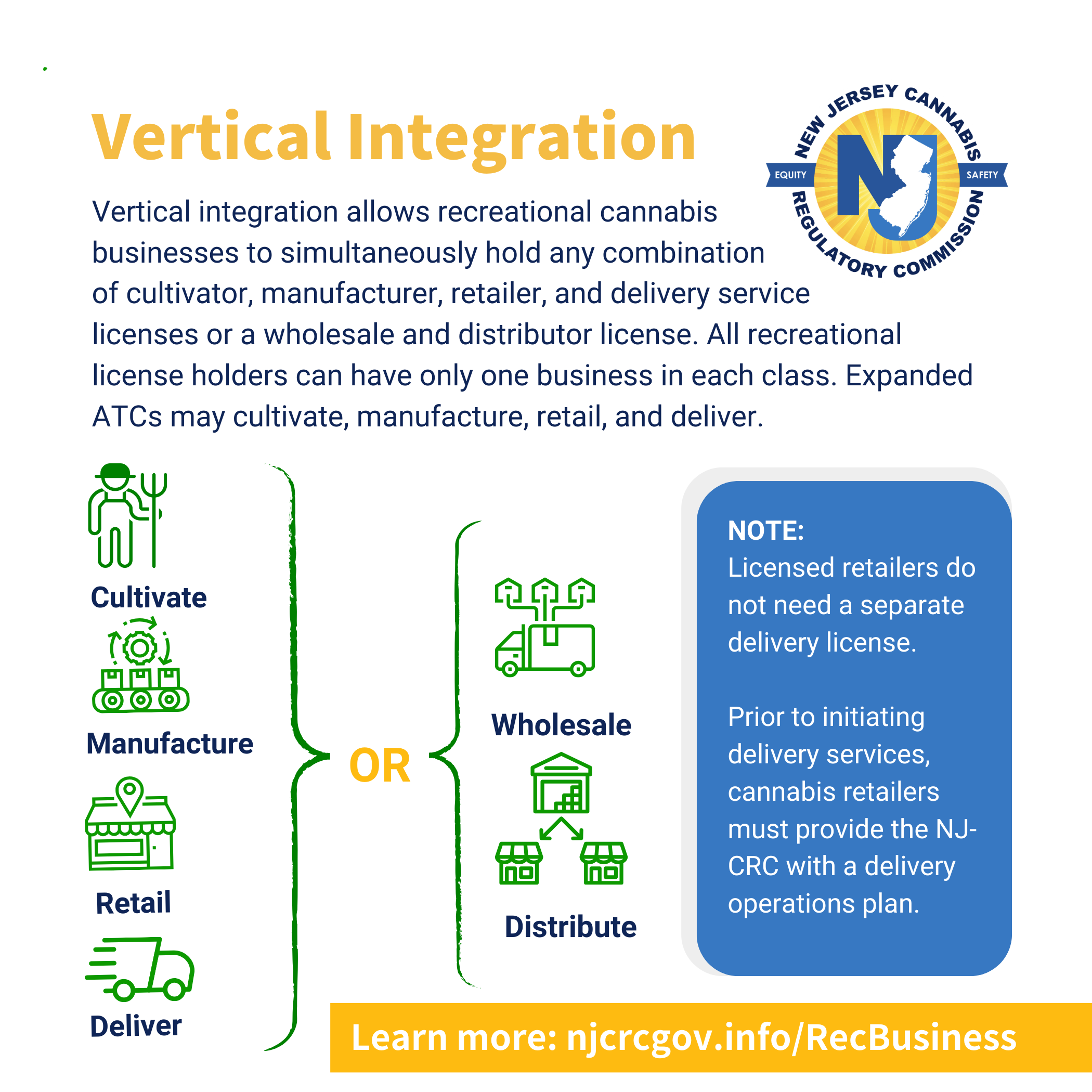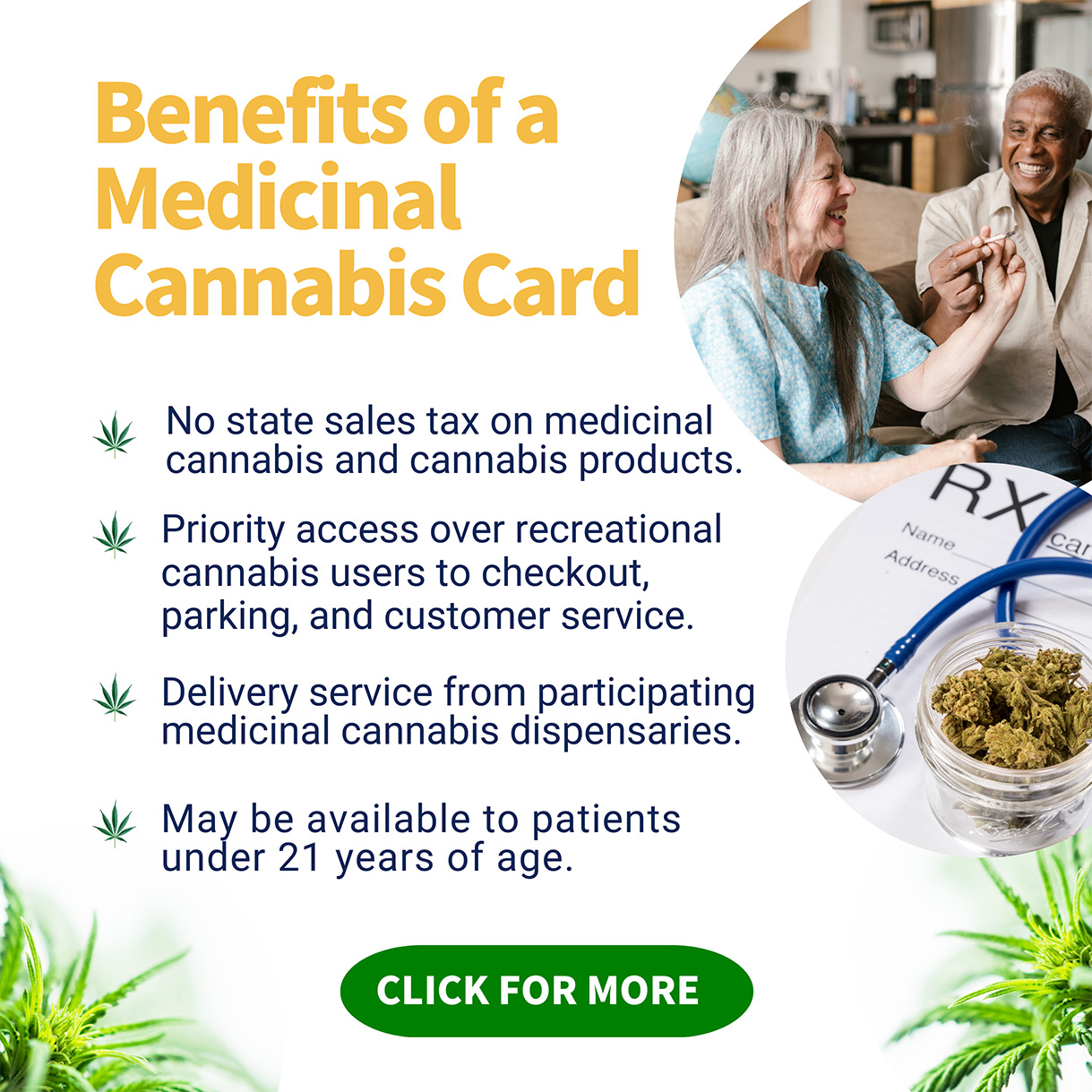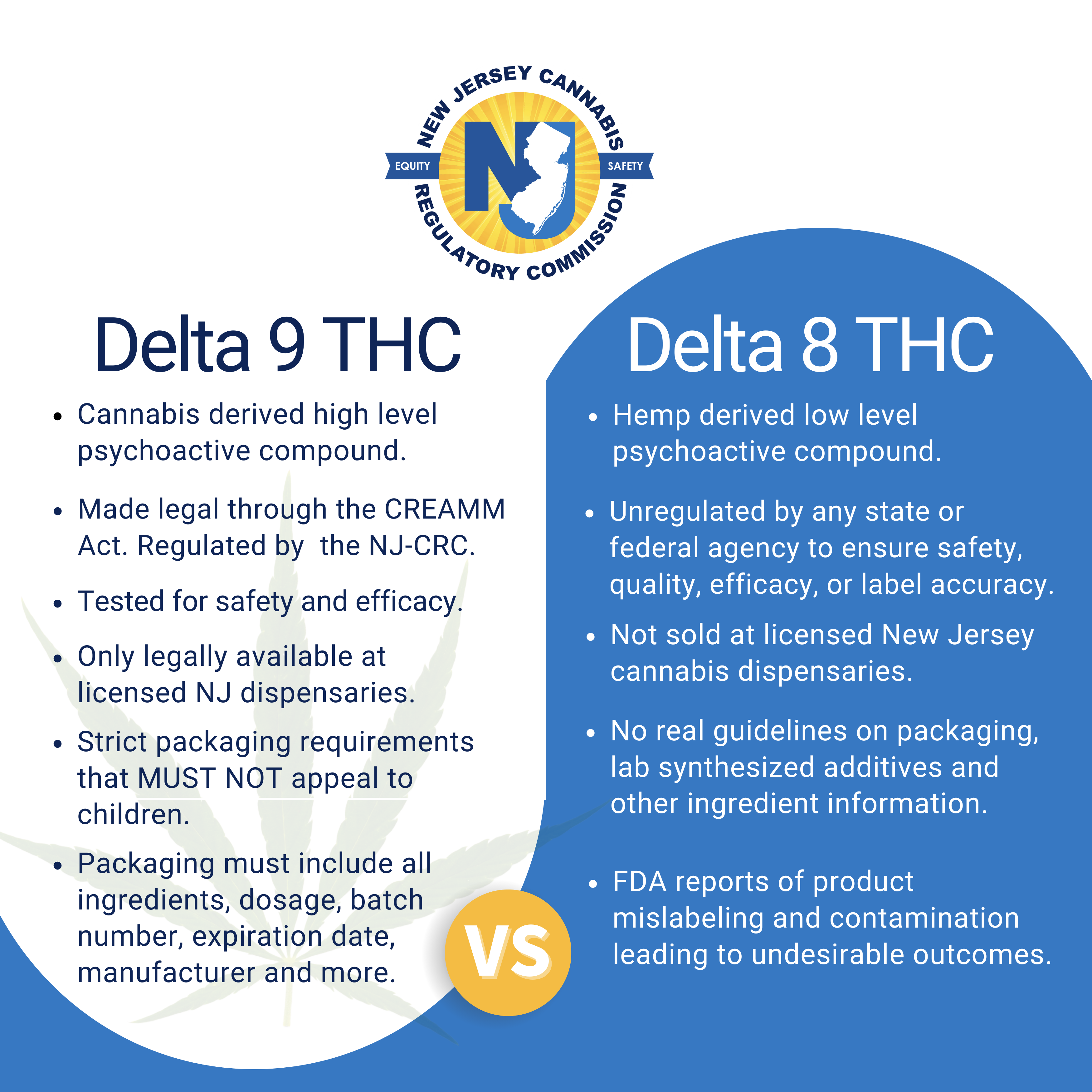
Talking to Your Healthcare Provider About Medicinal Cannabis
Likely, you have at least heard about the medicinal applications for cannabis compounds THC and CBD. For decades, cannabis users have asserted the plant’s ability to treat conditions like nausea, pain, eating disorders, insomnia, stress, and others. In more recent years and despite federal prohibition, there have been some scientific studies to test those claims of two chemical components of cannabis: tetrahydrocannabinol (THC) and cannabidiol (CBD), which does not have the psychoactive properties of THC. Some of that research indicate both THC and CBD can be helpful in treating a variety of ailments including chronic pain, insomnia, movement disorders (like Tourette’s,) anxiety, stress, and the side effects associated with chemotherapy treatments. Could weed be right for you and your conditions? Your healthcare provider should be your first step in answering that question.
Could Medicinal Cannabis Be for You?
Even if your healthcare provider does not participate in the Medicinal Cannabis Program, they still may have some insight into how cannabis might be helpful. They can discuss therapeutic effects, any interactions with your current medications, and appropriate dosing methods. Additionally, they may have access to research studies and clinical trials on cannabis effectiveness for specific health issues. Open communication with your healthcare provider can help you make informed decisions about incorporating cannabis into your treatment plan. Not sure how to start the conversation? Check out this post for a list of questions.
Patients come to medicinal cannabis for a variety of reasons:
- They’ve not found relief from conventional medicine.
- They don’t like the side effects of prescribed medicine.
- They like that cannabis products have fewer chemicals than prescription or over-the-counter drugs.
If one of those reasons applies to you, or you or someone you know suffers from an ailment you think might be alleviated by CBD or THC, it may be worth talking to your healthcare provider about cannabis. If you have one of the qualifying conditions for participating in the Medicinal Cannabis Program, you can find a participating healthcare provider or encourage your doctor to enroll. If your condition is not included, it is still worth a conversation with your doctor.

There are many strains of cannabis used for the treatment of the above conditions and more. In addition to the varieties, delivery methods also affect how our bodies respond to the drug. With all medications, there is a risk of adverse reactions. Your healthcare provider knows your health history and is the best person to help determine if cannabis should be a part of your treatment plan.
List of conditions covered under the Medicinal Cannabis Program (MCP)
- Amyotrophic lateral sclerosis
- Anxiety
- Cancer
- Chronic pain
- Dysmenorrhea
- Glaucoma
- Inflammatory bowel disease, including Crohn’s disease
- Intractable skeletal muscular spasticity
- Migraine
- Multiple sclerosis
- Muscular dystrophy
- Opioid Use Disorder
- Positive status for Human Immunodeficiency Virus (HIV) and Acquired Immune Deficiency Syndrome (AIDS)
- Post-Traumatic Stress Disorder (PTSD)
- Seizure disorder, including epilepsy
- Terminal illness with prognosis of less than 12 months to live
- Tourette Syndrome

Why Aren’t More Doctors Writing Prescriptions for Cannabis?
In the NJ-CRC's surveys of healthcare providers across the state, most do not feel like they know enough about endocannabinoid medicine and its application to advise patients confidently. Since cannabis is still federally classified as an illicit Schedule I drug, research and education are limited. That is slowly changing with more states legalizing and facilitating medicinal cannabis research. There are also practitioner and industry groups that advocate for cannabis use in medicine and facilitate endocannabinoid training for medical personnel. In New Jersey, clinical registrant licenses will soon be available for companies partnering with colleges and universities to research the medicinal benefits of cannabis.
Illegality not only affects the knowledge of health practitioners but also their comfort level in recommending cannabis use. There is still significant stigma around cannabis use, which makes both providers and patients hesitant to discuss it during appointments.
As a patient, you have the right to advocate for treatments that could benefit your health, including medicinal cannabis. By initiating the conversation, you could encourage your healthcare provider to include cannabis as they consider an appropriate treatment plan for your needs. Take charge of your health by asking questions and collaborating with your doctor to find the best solutions.
Insurance coverage
While there is no legal requirement for health insurance to cover medicinal cannabis, there is also no legal reason for insurance companies to deny coverage either, if getting a cannabis authorization is not the only reason for the visit.
DISCLAIMER
The information presented in this blog post is for informational purposes only and should not be used as a substitute for professional medical advice, diagnosis, or treatment. Seek advice from your physician or other qualified healthcare provider if you have any questions about a medical condition or incorporating cannabis into your treatment. Do not ignore professional medical advice or delay seeking it due to anything you may have read on this website.
Previous Blog Posts
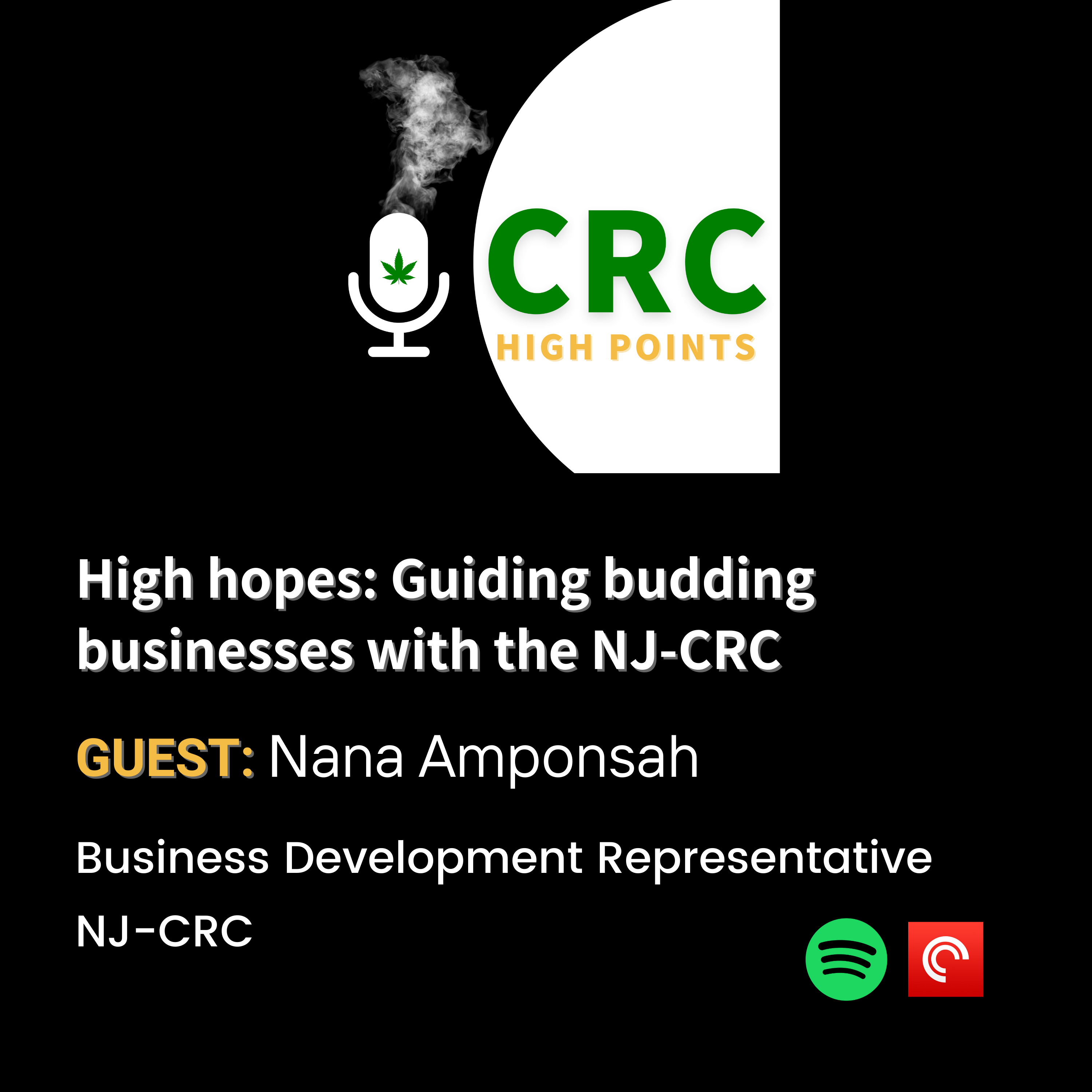
High Hopes: Guiding budding businesses with the NJ-CRC
09/5/2025
Nana Amponsah, business development representative at NJ-CRC, talks about her role, as part of the Office of Diversity & Inclusion, in identifying challenges cannabis entrepreneurs face, providing assistance to applicants and new businesses wherever possible, and acting as a liaison between cannapreneurs and other state agencies that provide support. She also explains how NJ cannabis business development differs from other fields, emphasizing the continuous need for support.

Tips for SMART Gatherings This Holiday Season
11/26/2025
The holidays are a time for food, fun, laughter, and connecting with the people who make life sweeter. And as more adults in New Jersey choose to enjoy, or gift legal cannabis during the season, the NJ-CRC has launched its second safe-use campaign, S.M.A.R.T., to help keep celebrations (relatively) stress-free. S.M.A.R.T. is an easy way to remember the basics of responsible cannabis use, especially when travel is constant, roads are chaotic, homes are busy, and curious little ones are wandering.
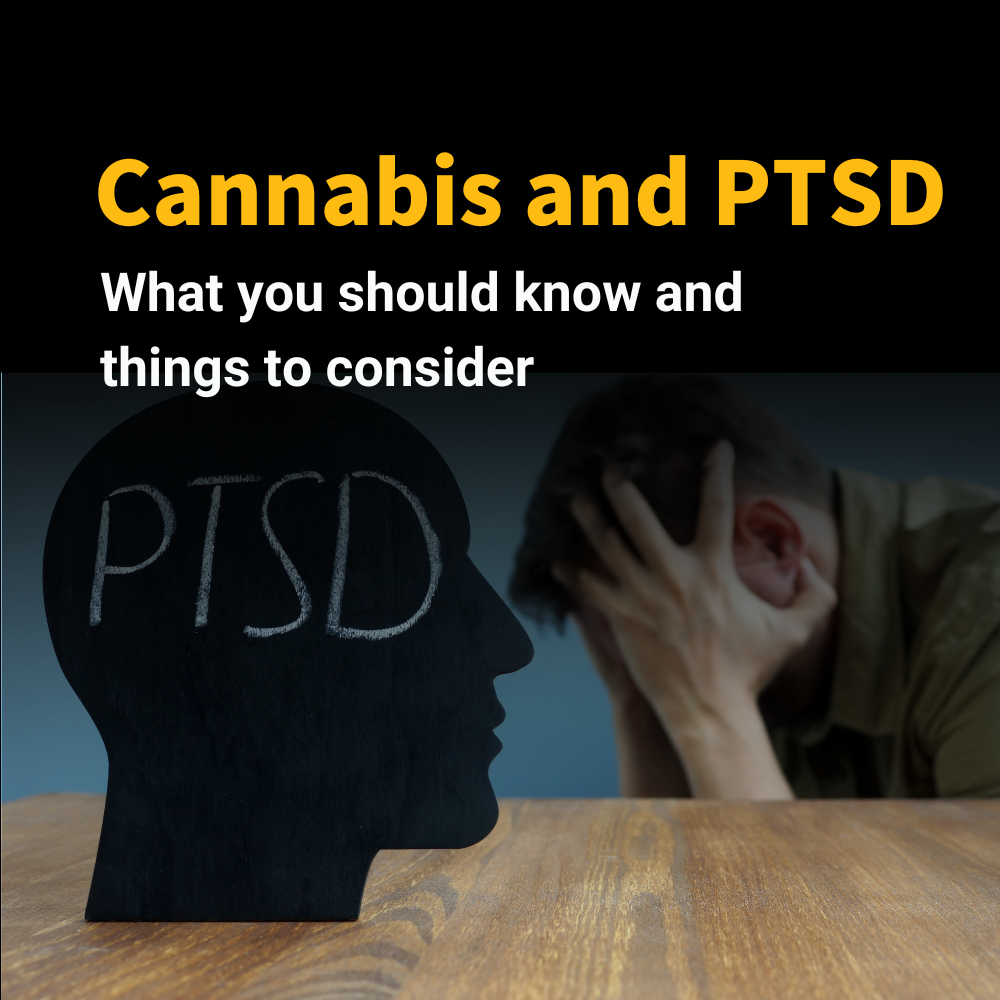
Cannabis and PTSD
10/20/2025
Everyone feels pain at some point—whether it’s a sore back after a long day, a pounding headache, or stomach cramps that just won’t let up. But for some people, pain isn’t temporary. It’s a constant part of daily life. Anxiety disorders are the most common qualifying condition for New Jersey’s Medicinal Cannabis Program (MCP). However, various forms of pain also rank highly on the list of qualifying conditions. Specifically, chronic pain related to musculoskeletal disorders is the second most common condition, migraines are fourth, and chronic pain originating from visceral sources ranks fifth.
 Official Site of The State of New Jersey
Official Site of The State of New Jersey
